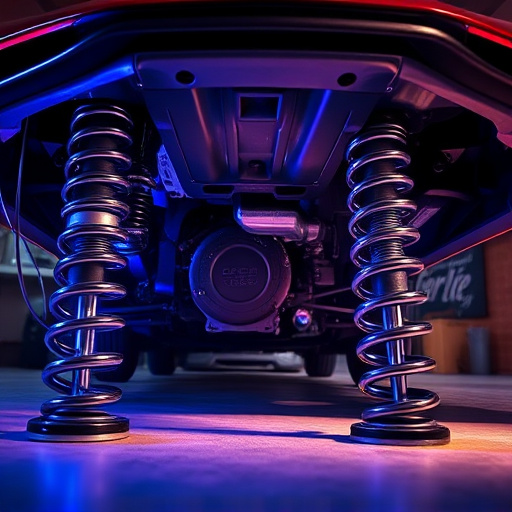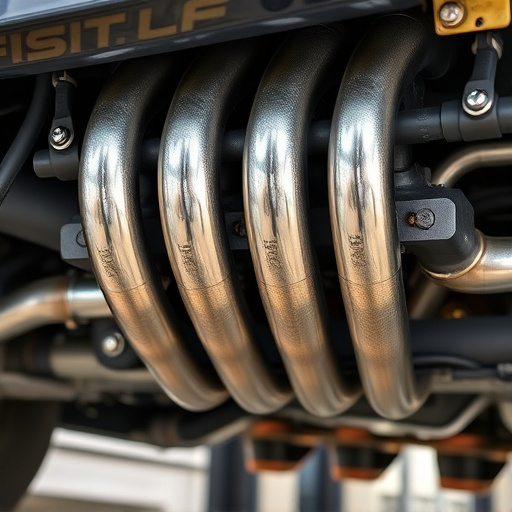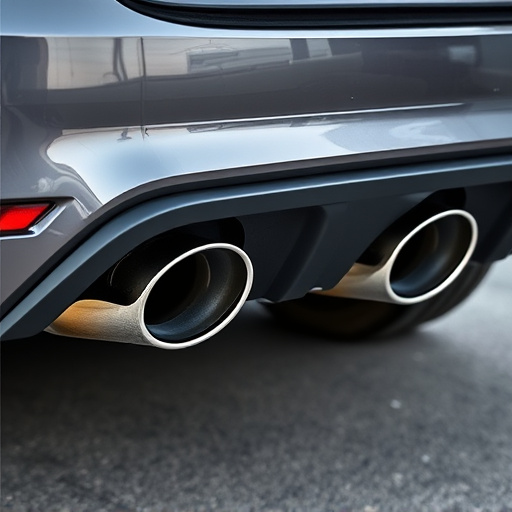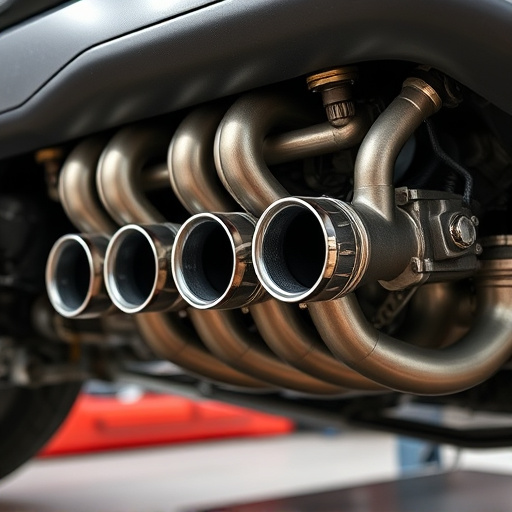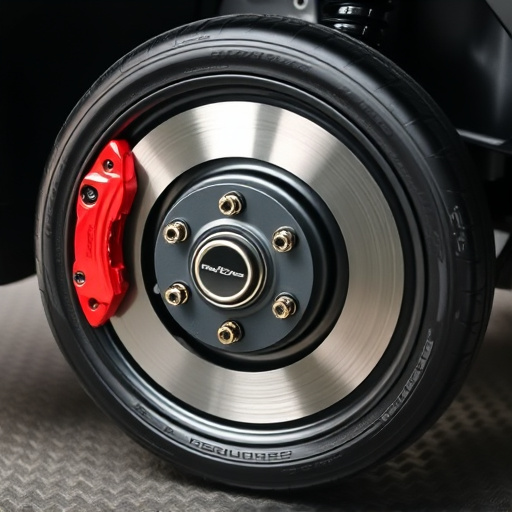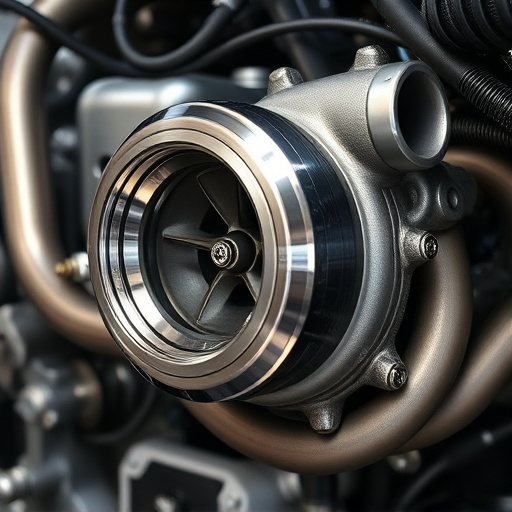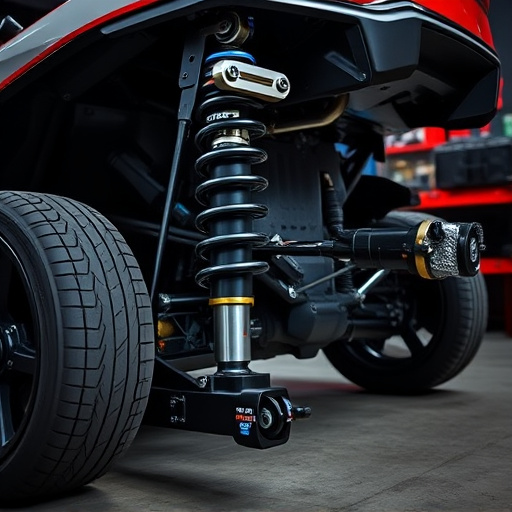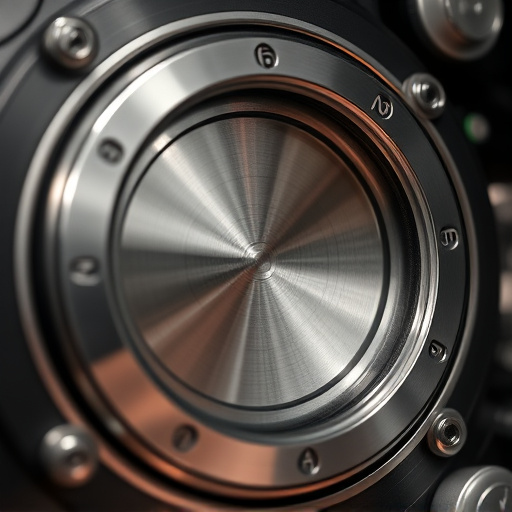The brake master cylinder, a vital part of your vehicle's braking system, requires regular maintenance to ensure safe and consistent braking power. Regular cleaning, inspection for damage and leaks, monitoring fluid levels, and replacing worn parts are crucial. Upgrading components like exhaust tips or air filters indirectly supports the master cylinder's longevity by enhancing overall vehicle health and performance. Proper care prevents hazards and optimizes braking efficiency.
Extending the lifespan of your vehicle’s critical braking system is essential for safety and peace of mind. This guide explores the intricate world of the brake master cylinder (BMC), delving into its function as the heart of your car’s braking mechanism. We’ll uncover maintenance secrets, such as cleaning techniques and regular inspections, to prevent common issues like leakages and failure. By following these strategies, you can ensure optimal performance and longevity for your brake master cylinder.
- Understanding the Brake Master Cylinder: Its Role and Basics
- Regular Maintenance: Cleaning and Inspection Techniques
- Common Issues and How to Prevent Them Effectively
Understanding the Brake Master Cylinder: Its Role and Basics
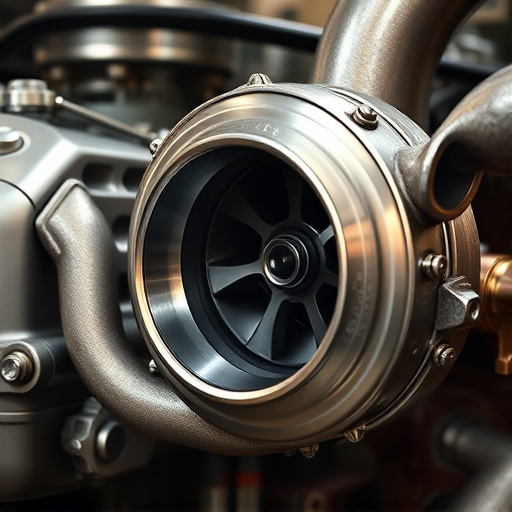
The brake master cylinder is a vital component in your vehicle’s braking system, responsible for generating the force that stops your car. It operates by using hydraulic pressure to multiply the force applied to the brake pedal, ensuring consistent and effective braking power across all wheels. Understanding its basic function and knowing how to maintain it are crucial steps in extending its lifespan and enhancing overall vehicle safety.
Located behind the brake pedal, this cylinder converts the driver’s input into a powerful force that acts on the brakes. It works in tandem with the brake calipers or wheel cylinders to apply pressure to the brake pads or shoes against the rotors or drums, thereby slowing down or stopping the vehicle. Regular maintenance, including checking for leaks and ensuring proper fluid levels, can prevent issues like reduced braking power or even failure, which could be dangerous. Upgrading exhaust tips, performance air filters, and suspension components might not directly impact the master cylinder but contribute to overall vehicle health and performance, indirectly supporting its longevity.
Regular Maintenance: Cleaning and Inspection Techniques
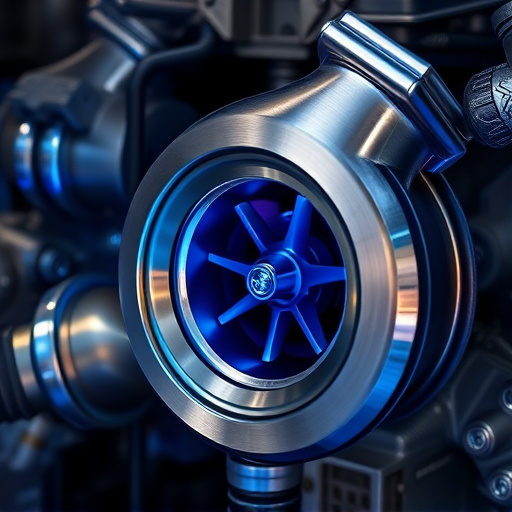
Regular maintenance is key to extending the life of your brake master cylinder. Cleaning and inspecting it at set intervals can prevent serious issues down the line. Start by removing the brake calipers to access the cylinder. Use a dedicated cleaner to remove any built-up grime or deposits, ensuring you clean both the cylinder and its internal components thoroughly. After cleaning, inspect for any signs of damage, corrosion, or leaks. Check that all parts are in good condition and tightly secured. Regularly replacing brake pads and keeping an eye on suspension components can also contribute to maintaining the integrity of your master cylinder.
Don’t overlook the importance of a proper inspection. Look for any anomalies like unusual wear patterns on brake pads, which might indicate issues with the master cylinder or caliper operation. Additionally, ensure that all fluids are at the recommended levels and that there are no air pockets in the system. Regular maintenance, including timely service and checks, will help guarantee optimal performance and safety when it comes to your vehicle’s braking system, complementing the smooth operation of your cat-back exhaust system.
Common Issues and How to Prevent Them Effectively
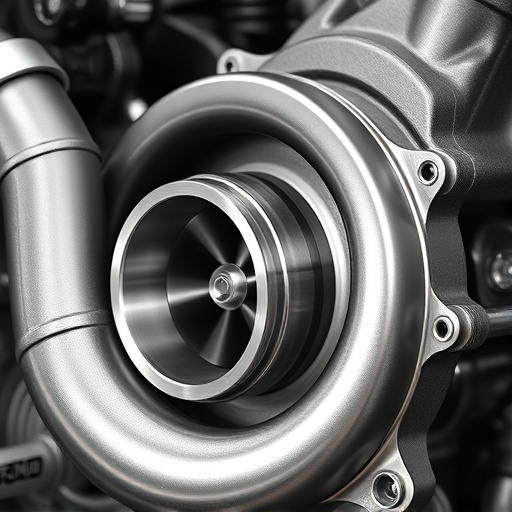
The brake master cylinder is a vital component of your vehicle’s braking system, and its early failure can lead to serious safety hazards. Common issues include leaks, which can be caused by worn-out seals or damaged lines, often exacerbated by using poor quality fluids or not replacing them regularly. Corrosion is another significant problem, particularly in areas with high humidity, leading to reduced cylinder efficiency.
To prevent these issues effectively, regular maintenance is key. Always use recommended brake fluid and ensure it’s at the correct level. Inspect brake lines and seals for any signs of damage or wear, and replace them as needed. Upgrading to a high-quality fluid can also protect against corrosion. Additionally, considering upgrades like cold air intakes and suspension kits, which enhance vehicle performance and handling, can indirectly contribute to better braking by ensuring your car maintains its optimal shape and alignment over time.
Extending the life of your brake master cylinder (BMC) involves regular maintenance and proactive care. By mastering the basics, cleaning, and inspecting it routinely, you can prevent common issues such as leaks, corrosion, and failed seals. Remember, a well-maintained BMC ensures optimal braking performance and enhances safety on the road. Keep your vehicle’s brakes in top condition to enjoy peace of mind while driving.
